Formula 1 CEO Stefano Domenicali believes that the Renault Group’s planned withdrawal as a power unit provider is “not related” to the incoming 2026 regulation change.
2026 will see increased hybridisation by way of a 50/50 power split between electrical and internal combustion engine components, along with the arrival of sustainable fuels and the removal of the existing MGU-H energy recovery system.
This has attracted the likes of Audi (with its Sauber takeover) and Ford (in partnership with Red Bull Powertrains) to sign up as power unit providers for 2026 and beyond, with Honda also making a full return to the sport with Aston Martin.
The Renault Group however has struggled since hybrid engines were introduced in 2014 and has made plans to transform its Alpine Formula 1 squad into a customer engine outfit.
Domenicali however, has downplayed the fact that the 2026 regulations have had a part in Renault’s decision.
“I think that [Renault’s] real decision was related to another condition, to be very open and very honest with you,” he told Motorsport.com.
“It’s not related to the wrong regulation. It is related to a different situation that they have to deliver a result in a different timeframe.
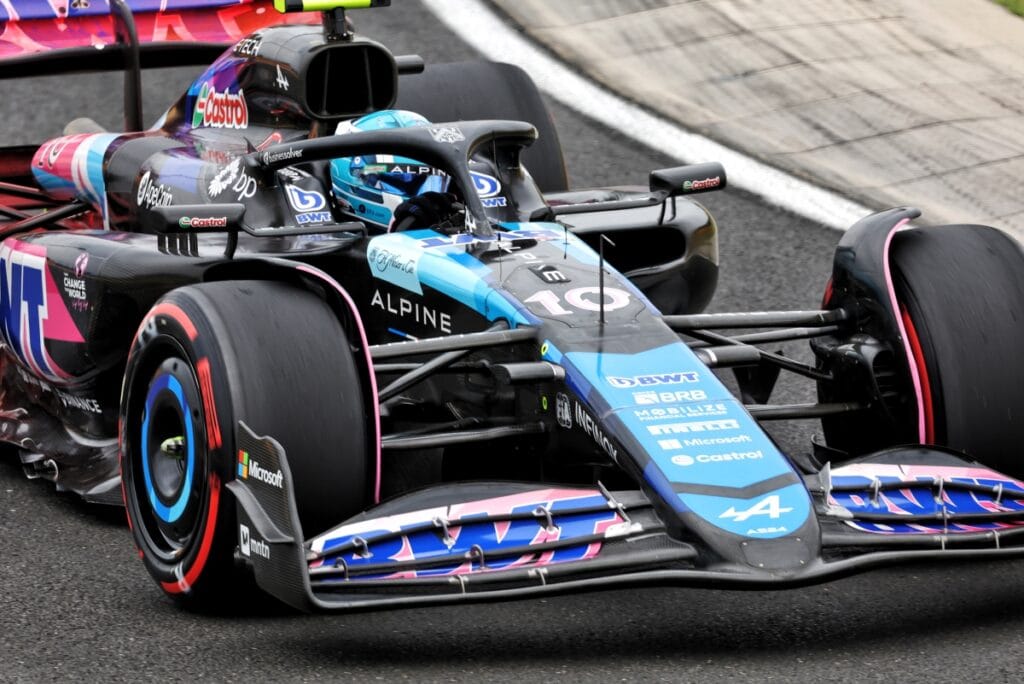
“I believe that, at the moment when the regulation was defined, there was the need to make sure that the manufacturers were really interested to be part of the championship.
“They are a vital element of this equation, because with no engine we cannot run – therefore there was the need to listen.
“And it is true that, because we don’t have to be to be shy or to hide behind a tree, that it was a compromise solution because of the different interests of all the different manufacturers, in fact.
“But I would say, the FIA tried to do the best to make sure that we could have something that would be okay for everyone. That is true.”
Outgoing Alpine Team Principal Bruno Famin told select media including Motorsport Week during the Friday press conference ahead of the Belgian Grand Prix that Renault’s decision is due to diverting efforts at Viry-Chatillon to expanding the Alpine car brand.
“The project which has been presented at the beginning of the week to the staff representative in Viry Châtillon is to reallocate the resources from one side to another, one side being the development of the Formula 1 power unit, which is being made in Viry, to dedicate those resources and skills to developing new technologies for the brand, for the new product of the brand,” the Frenchman said.
In reality, financial constraints amid diminishing returns is likely the main factor behind the Renault Group’s decision, with a planned Mercedes customer deal set to deliver more power and reliability to the Alpine F1 project at a fraction of the cost compared to producing an original power unit.
While the likes of RB Team Principal Laurent Mekies have argued the Alpine tactical change is “bad news” for F1, Sauber’s Team Representative Alessandro Alunni Bravi has countered that pessimism.
Leading the team preparing for Audi’s takeover in 2026, Bravi concurred with Domenicali’s sentiment, saying “It seems that this is a decision that is not linked, of course, to the new PU regulation or to the trajectory that Formula 1 is taking towards 2026.
“I think that the PU regulations are very attractive for new manufacturers and of course Audi is the perfect example that thanks to this new regulation there is an interest from the automotive, you know, to be in Formula 1 because it’s the pillar of the technology and the best, you know, testing bench for the future mobility technical solutions.”
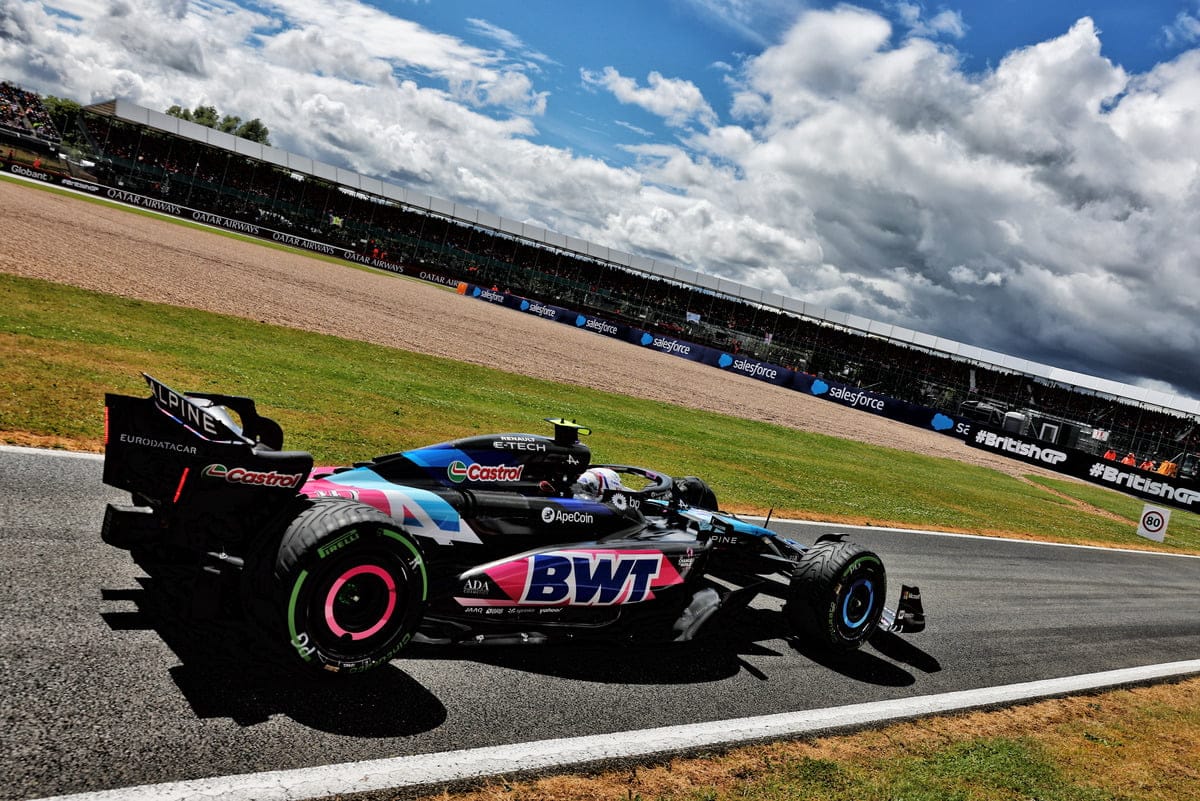


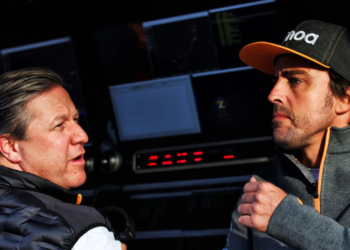
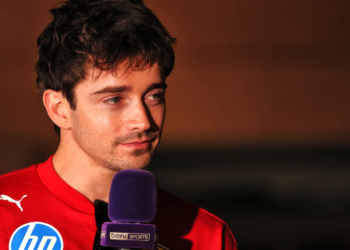
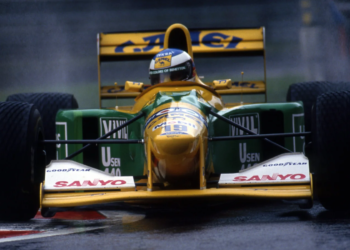
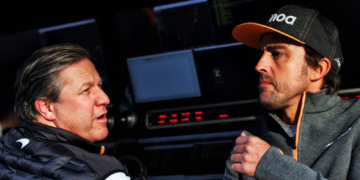
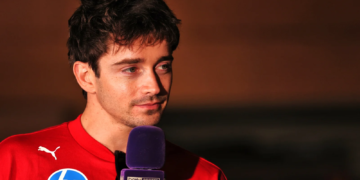
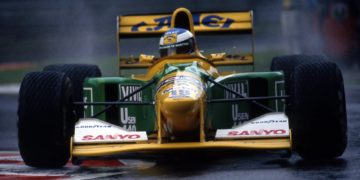
Discussion about this post